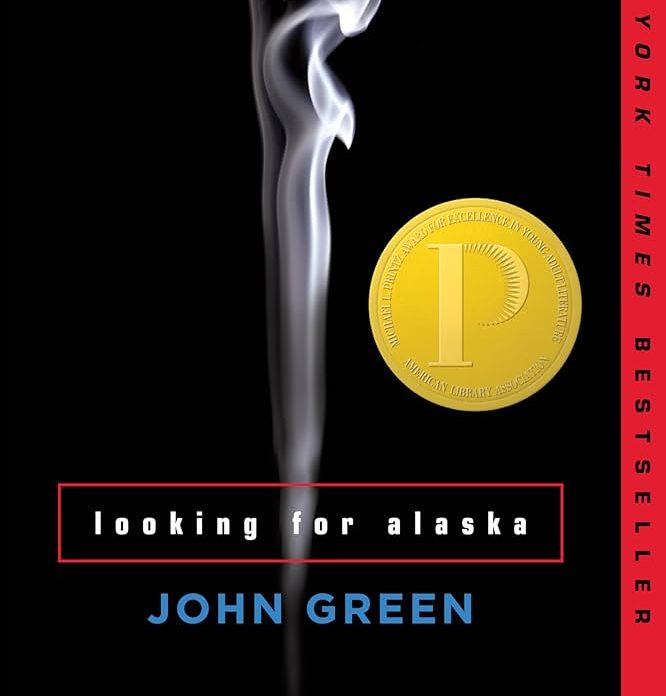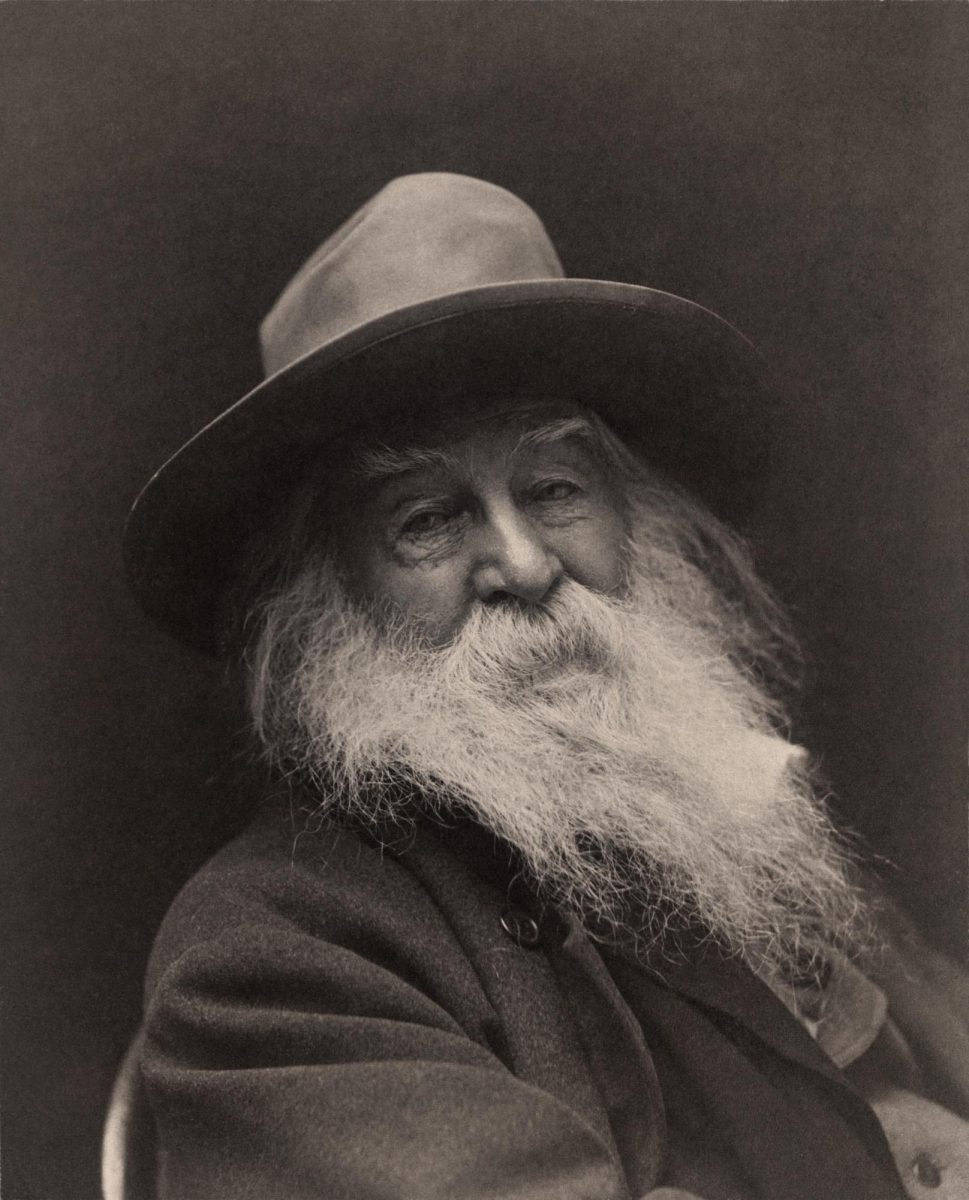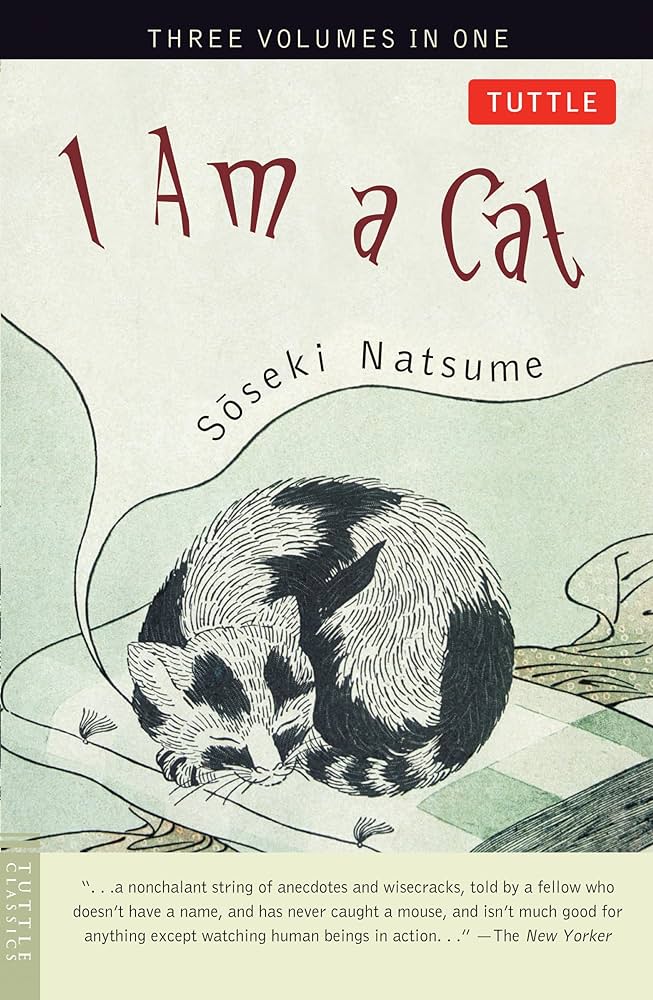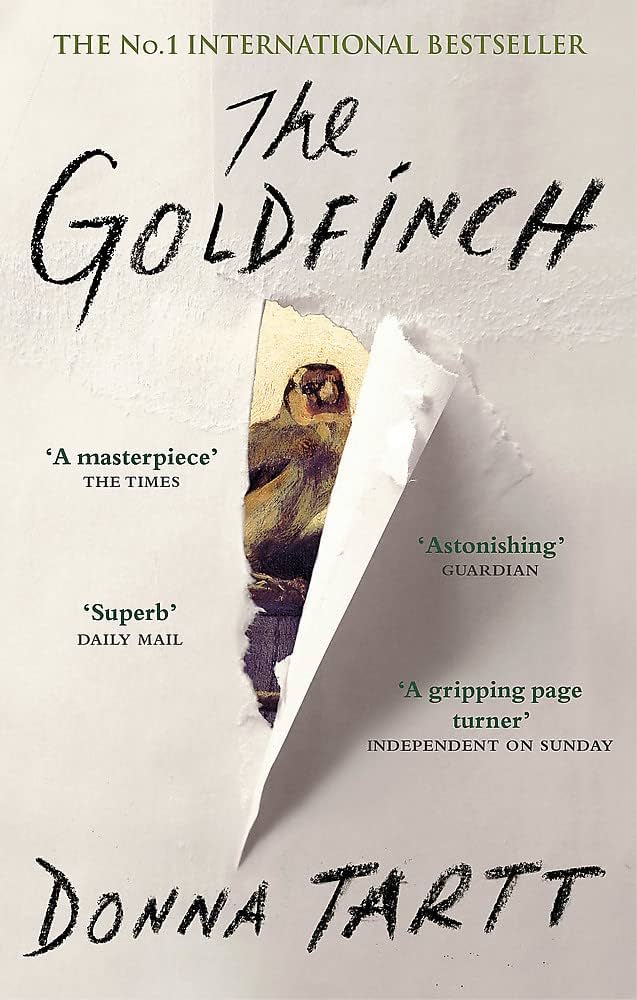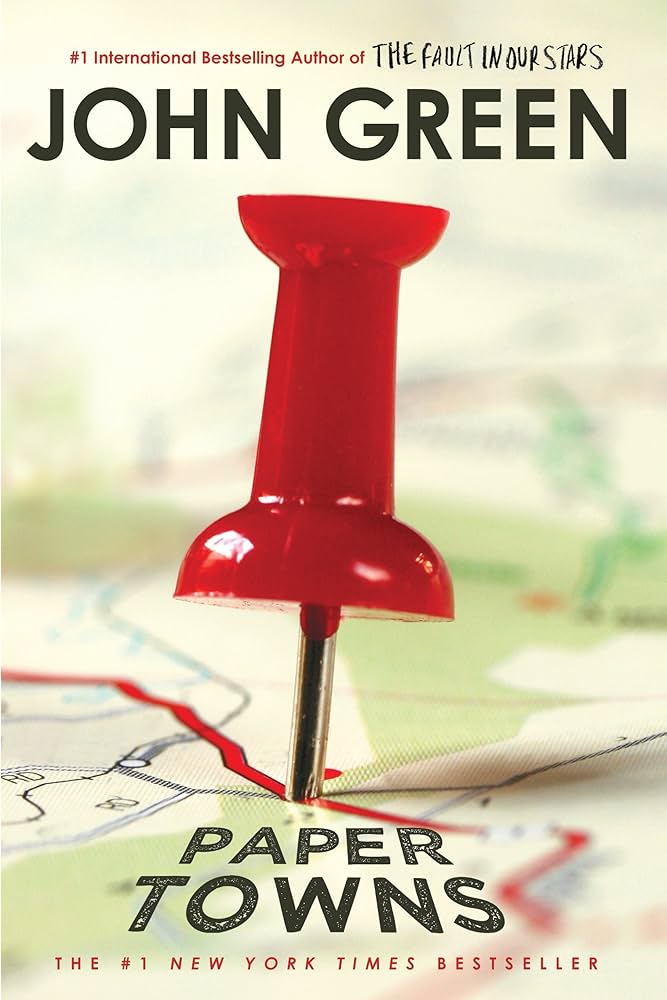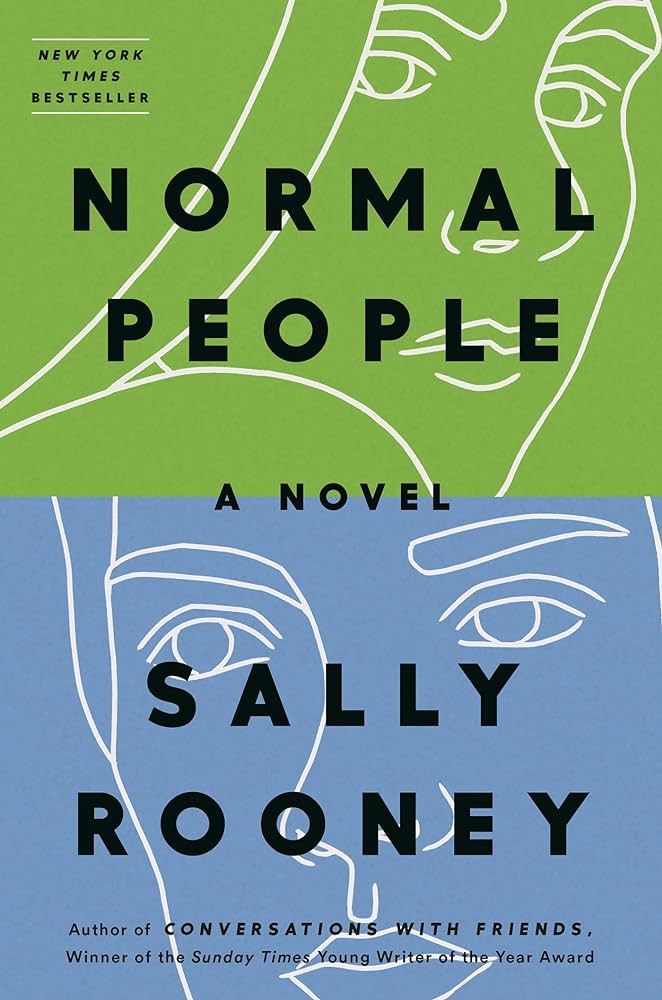Warning: contains spoilers
With my senior trip on the horizon and the first semester coming to a close, I knew I needed to read something packed with both entertainment and enlightenment. Having been impressed with John Green in the past, I picked up Looking for Alaska.
Looking for Alaska follows Miles “Pudge” Halter as he ventures states away to a boarding school to search for “the Great Perhaps,” an idea inspired by a French poet that signifies when one reaches peace in their life. Lonely, socially inept, and obsessed with last words, Miles gets wrapped up in Alaska’s enchanting yet volatile personality. However, Alaska is haunted by familial trauma in her past, and though she tried to move on and create her own life for herself, she could never find her own Great Perhaps.
When Miles first met Alaska, she asked him, “How will we ever get out of this labyrinth of suffering,” referencing an inquiry from a Gabriel García Márquez book. Is death the labyrinth– or life? Are we trying to escape from our inevitable demise, or to it? The answer is neither. The labyrinth has always been pain, because that is what we have been trying to evade since the dawn of time. How do we live a life without pain?
Looking for Alaska serves as a poignant novel that expresses the pains of humanity, how we are always losing, but how we mustn’t lose ourselves. Though we must often travel through the valleys of life, and the valleys seem more numbered than our peaks, we must brave through the maze that closes us in.
“The only way out of the labyrinth of suffering is to forgive.”
The only way out of the labyrinth is forgiveness: For all the things we wish we were but couldn’t be, but also for our wrongdoings and regrets and mistakes and for being human amidst the longing for perfection. Only when we acknowledge that we are infallible, imperfect, beautiful humans can we move past our failures and escape the dangerous cycle of self-loathing to the point of destruction. Like President William McKinley remarked on his deathbed, “We are all going.”
“We are all going, I thought, and it applies to turtles and turtlenecks, Alaska the girl and Alaska the place, because nothing can last, not even the earth itself. The Buddha said that suffering was caused by desire, we’d learned, and that the cessation of desire meant the cessation of suffering. When you stopped wishing things wouldn’t fall apart, you’d stop suffering when they did,” Miles thought at first. Only later did he realize that it wasn’t true. Yes, we are all going. We are trapped in entropy, the scientific law that states that everything is moving toward decay. But we can never be truly gone.
“When adults say, ‘Teenagers think they are invincible’ with that sly, stupid smile on their faces, they don’t know how right they are. We need never be hopeless, because we can never be irreparably broken. We think that we are invincible because we are. We cannot be born, and we cannot die. Like all energy, we can only change shapes and sizes and manifestations. They forget that when they get old. They get scared of losing and failing. But that part of us greater than the sum of our parts cannot begin and cannot end, and so it cannot fail.”
Matter cannot be created nor destroyed, and therefore we can survive anything and everything. We are never past the point of no return, because that point doesn’t exist. We are all going, but we are never gone. Just as we are transformed after we die, we can transform as we live. We can take ahold of our opportunities and make something wonderful. Life plays crazy tricks, often cruel tricks, but we can always withstand our hardships. Even when the labyrinth seems to have no exit, we have to believe that there is a sun behind the veil of clouds.
“Thomas Edison’s last words were ‘It’s very beautiful over there.’ I don’t know where there is, but I believe it’s somewhere, and I hope it’s beautiful.”
I will add my own favorite last words to the list of Miles “Pudge” Halters’s favorite last words:
“I must go in, the fog is rising.” Emily Dickinson said that when she died, and I like to believe that, although Death is obligated to close in on us, we are to embrace our lives wholeheartedly, to go in unafraid. In everything, we are to try to seek our own Great Perhaps.

